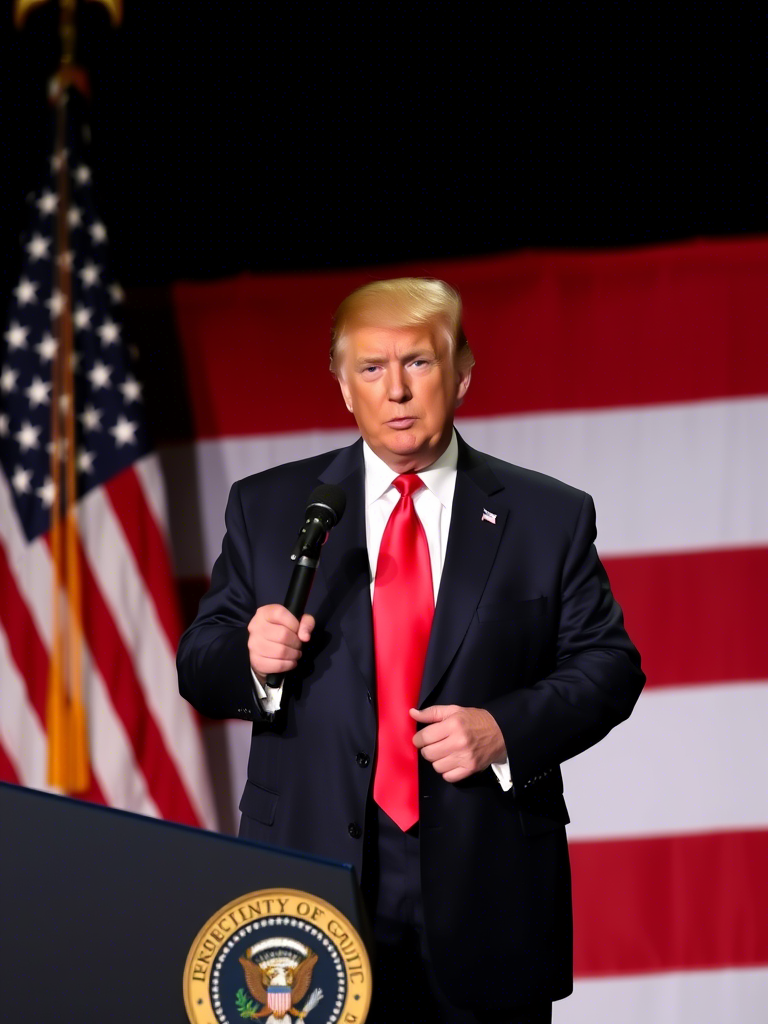When Trump Talks, the World Listens... and Sometimes Winces

Ever had that one friend who says outrageous things at the worst possible time, but somehow you still love them? Yeah, that's kinda how the world feels about Donald Trump. So when the US President recently said that India and Pakistan have been fighting over Kashmir for “1,000 years” — and that border tensions have lasted “1,500 years” — honestly, nobody was exactly shocked. Amused? Sure. Confused? Definitely. Relieved? Well, if you're sitting in New Delhi, absolutely. Let's dive into why Trump's latest history-bending moment might actually have been a tiny diplomatic win for India.
The "1,000-Year War" That Isn’t: Setting the Record Straight
First off, let’s be real: Kashmir, in its current political form, became a flashpoint only after 1947, post the messy partition of British India. Before that? Sure, empires and kingdoms clashed here — Mughals, Sikhs, Dogras, you name it. But a continuous India-Pakistan fight for a millennium? Yeah, not a thing.
Still, Trump’s exaggerated claim fits his usual style — big, dramatic, and a little loose with facts. It’s like when your uncle says he’s been working on his old car "forever" — you know he really means since last summer.
Why Delhi Isn't Freaking Out This Time
Here’s the thing: context matters.
Unlike that infamous 2019 moment — when Trump claimed Prime Minister Narendra Modi asked him to "mediate" the Kashmir issue (spoiler alert: he didn’t) — this time, Trump made no offer to play peacemaker. In fact, his message was basically: "They’ll figure it out one way or another." For India, that’s huge. Because under the Shimla Agreement (1972) and Lahore Declaration (1999), India’s position has always been crystal clear:
- No third-party intervention.
- Only bilateral talks.
- Terrorism must stop before any dialogue.
So when Trump doesn’t jump in waving a "Let me fix this!" flag, it’s practically cause for a mini celebration at South Block.
A Little Flashback: That 2019 Mess
Quick story: Back in July 2019, Trump casually told reporters that Modi had asked him to mediate on Kashmir. Cue immediate panic in Delhi. Within an hour, India’s Ministry of External Affairs shot that down, tweeting: "No such request has been made by PM Narendra Modi." It was one of those “Oh no he didn’t!” diplomatic moments. India had to remind the world (again) that Kashmir is a strictly bilateral issue. Honestly, it was like someone crashing your private dinner party and suggesting karaoke when you just wanted a quiet meal.
So, What’s the Real Takeaway Here?
Trump’s recent comments, wild inaccuracies aside, signal no fresh pressure on India. No unexpected "grand peace plan." No sudden diplomatic curveballs. Just a lot of Trump being... well, Trump. For policymakers in Delhi, who’ve been dealing with tensions after the tragic Pahalgam terror attack that killed 26 civilians, this means one less headache — at least on the international front.
FAQs About Trump’s Comments and India-Pakistan Tensions
1. Has India ever asked the US to mediate in Kashmir?
No. India has consistently maintained that all issues with Pakistan must be resolved bilaterally, without third-party intervention.
2. Why did Trump say India and Pakistan have been fighting for 1,000 years?
Trump tends to use exaggerated, dramatic language. Historically, the Kashmir conflict began after 1947, not a millennium ago.
3. What is the Shimla Agreement?
Signed in 1972, it’s a pact between India and Pakistan stating that all issues, including Kashmir, must be settled through bilateral negotiations.
4. How did Delhi react to Trump's latest comments?
Relief. Since Trump didn’t offer to mediate, India views this as avoiding unnecessary international complications.

